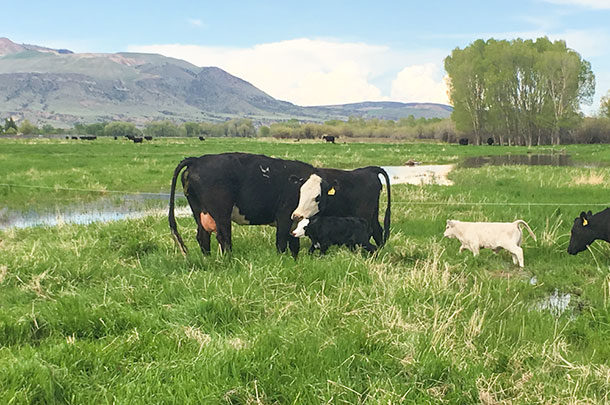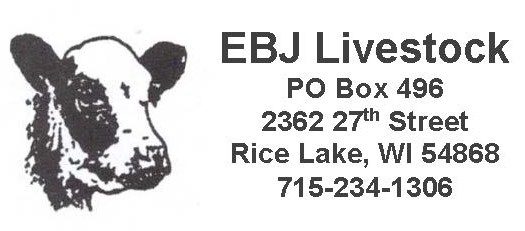Many ranches have added farming, custom grazing, hunting and maybe a seedstock enterprise as well. With so many different aspects to manage, it is easy to unknowingly let one successful enterprise carry one that is not successful. I have found very few people who are truly good at farming and are good stockmen and vice versa. We all have something that we favor over the other or have a more natural gifting toward. There is nothing wrong with that. So how do we focus on our strengths and not let our weaknesses (or our pride) hinder the bottom line?
Years ago, a business and economics teacher told me that most business owners would rather act like an employee instead of the owner, and I think that’s true for a lot of us. The hardest thing to do is sit down and be the manager when you really want to be the one out doing the job. Being the manager is hard, yet necessary. One rancher who finally did this came into my office about five years ago and told me he had decided to lease his place out when he realized that he could lease his place and profit $60,000 per year from it with virtually no responsibility or time on his part, whereas for the past 20 years he was working about 70 hours per week for a return of $100,000.
When the lights came on that he was working 70 hours per week for an extra $40,000 that equated to approximately $11 per hour, he decided that he could do something else with his time for a higher return on his efforts. It was a hard decision and one that required him to admit he wasn’t as good at something as he originally thought he was. The reality is no matter what industry we are in, to stay sustainable we must be willing to either let go of things we aren’t good at or (dare I say it) hire someone who is better at it than we are to run that aspect of the business.
For many folks, when the water turns on and the hay needs to be harvested, the cattle take a back seat and things fall through the cracks on that end. In some cases, cattle are calving when we need to be in the field farming, and we’re focused on cattle when we should be out farming. The list goes on and on, and we could hash it to death, but the bottom line is that trying to do everything and be good at it is rarely a sustainable practice.
In the end, something always suffers. It may be the cattle; it may be the crops; or it may be the family unity and health from pushing too hard and trying to do it all. I read a survey about 10 years ago that was collected by the Farmer’s Union (I believe it was FU, can’t swear to it; the important thing is the result), which showed that the ranches with the highest degree of profit had some common habits.
- They all took a yearly vacation of at least one week to get away from the operation, recharge and, most importantly, return with fresh eyes. It’s easy not to see the forest because of the trees when we are in it all day every day.
- They used family members’ and employees’ talents in their areas of gifting. If one kid is a gifted farmer, guess what he focuses on? Another manages the maintenance of the place and equipment if he is a mechanic and engineer, and so on and so forth.
- The most productive operations had a typical work week of 50 hours. Obviously, there are weeks of heavier work and lighter work, but regardless of the work season, they all took at least one day off to rest. This resulted in fewer breakdowns, more productive time at work, less cost from employee turnover and more returns in the end.
- No one is allowed to return to the operation until they have spent time away somewhere else doing something. Many go to the military, work construction, work on another operation, etc. The reason being twofold: It ensures that when the person returns to the operation, he or she has tried some other occupations and is sure he or she wants to be working the operation, and it brings new perspectives, newly learned skills and fresh ideas back to the operation.
We each have unique gifts, talents, interests and resources. When we stay within those areas, our productivity and profitability tend to increase, and we’ll be in a better mood when the day is done. With a new year, let’s all take some time to reflect on what we did well this past year and see where we could either improve or eliminate areas of the operation that didn’t prove as rewarding and commit to making positive changes moving forward. ![]()

-
Billy Whitehurst
- Makale Livestock
- Whitehall, Montana
- Email Billy Whitehurst
PHOTO: This particular day, had we been stretched too thin from operating too many enterprises, these newborn calves would have been under water within 24 hours. Photo by Billy Whitehurst.











